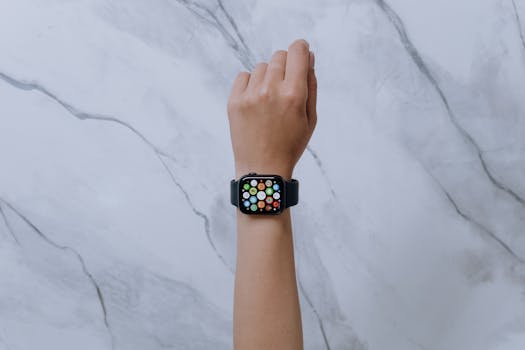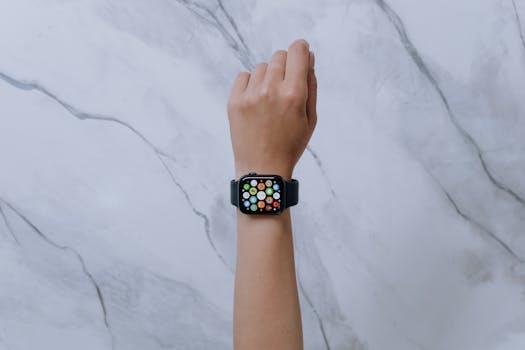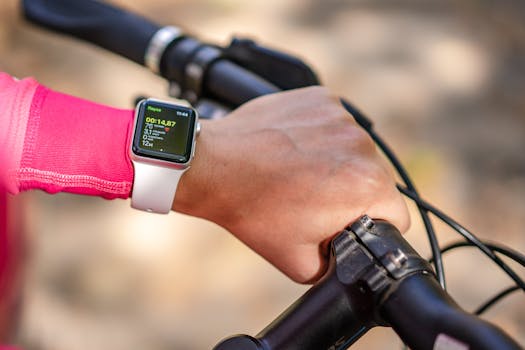
“`html
Table of Contents

- Introduction
- Smart Home Technology
- Wearable Technology
- Health and Fitness Apps
- Time Management Tools
- Conclusion
Introduction

In today’s fast-paced world, technology continues to evolve, bringing with it a plethora of tools and devices designed to enhance our daily lives. From smart home devices to innovative wearables, these technologies not only improve convenience but also promote a healthier and more productive lifestyle. In this article, we will explore some of the most exciting new technologies that are helping people live better.
Smart Home Technology

Smart home technology is at the forefront of lifestyle improvement. With devices like smart speakers, thermostats, and security systems, homeowners can control their environment with ease. Imagine adjusting your home’s temperature from your smartphone before you even walk through the door. Smart lighting systems can help you create the perfect ambiance at any time, while smart security cameras provide peace of mind and enhanced safety.
Moreover, integrating these devices can lead to energy savings. For instance, smart thermostats learn your schedule and adjust accordingly, reducing unnecessary heating or cooling when you’re not home. This not only improves your comfort but also lowers your utility bills.
Additionally, smart home technology can significantly enhance accessibility for those with disabilities. Voice-activated devices allow for control over various aspects of the home environment without the need for physical interaction.
Wearable Technology

Wearable technology has grown rapidly, offering users insights into their health and fitness like never before. Devices such as smartwatches and fitness trackers monitor heart rates, sleep patterns, and physical activity. This data empowers individuals to make informed decisions about their health.
For example, wearables can remind you to move if you’ve been sedentary for too long, or encourage you to meet your daily step goals. Advanced models even track stress levels and provide guided breathing exercises, promoting mental well-being.
Another significant benefit of wearable technology is its ability to integrate with health apps, allowing users to track their progress over time and share data with healthcare providers. This connectivity fosters a proactive approach to health management, making it easier for individuals to achieve their wellness goals.
Health and Fitness Apps

Mobile applications have revolutionized how we approach health and fitness. From meal planning to workout routines, these apps offer a wide range of features that cater to individual needs. Nutritional apps help users track their calorie intake, while workout apps provide tailored exercise plans based on personal goals.
Furthermore, community-driven apps foster motivation through social engagement. Users can connect with friends, share their progress, and even participate in challenges, making fitness a more enjoyable and communal experience. Mental health apps also play a crucial role by providing resources for meditation, mindfulness, and stress management.
The integration of artificial intelligence in these applications is an exciting development, as it allows for personalized recommendations based on user data. This level of customization helps users stay committed to their health and wellness journeys.
Time Management Tools

With the increasing demands of modern life, time management tools have become essential for maintaining a balanced lifestyle. Applications that offer task management, calendar integration, and productivity tracking can help individuals prioritize their responsibilities and make the most of their time.
Tools like project management software and digital planners allow users to break down tasks into manageable segments, set deadlines, and track progress. These platforms often come with collaboration features, making them ideal for both personal and professional use.
Additionally, the rise of automation tools can significantly reduce the time spent on mundane tasks. Automating reminders, scheduling, and even email responses can free up valuable time, allowing individuals to focus on more meaningful activities.
“`




